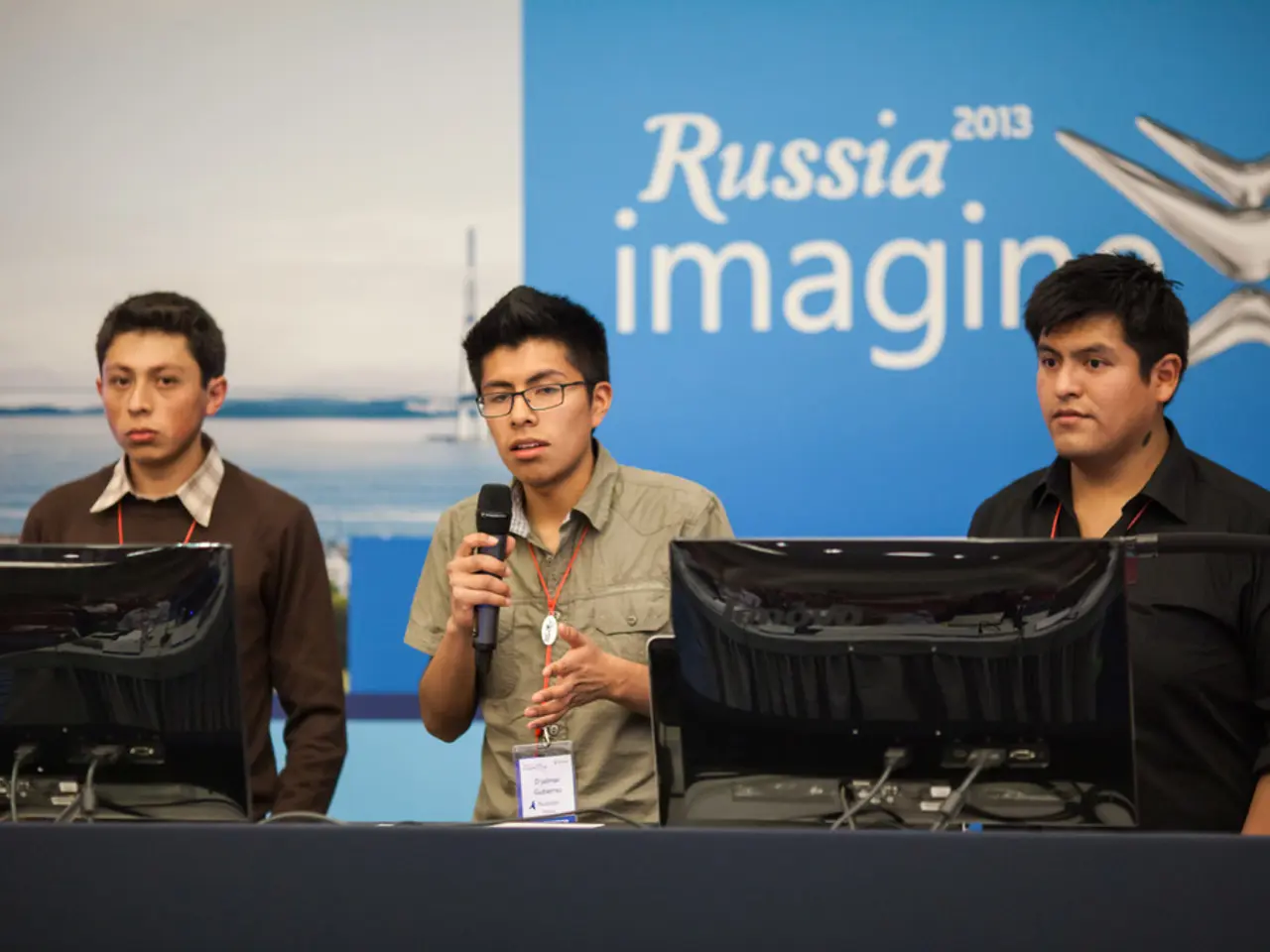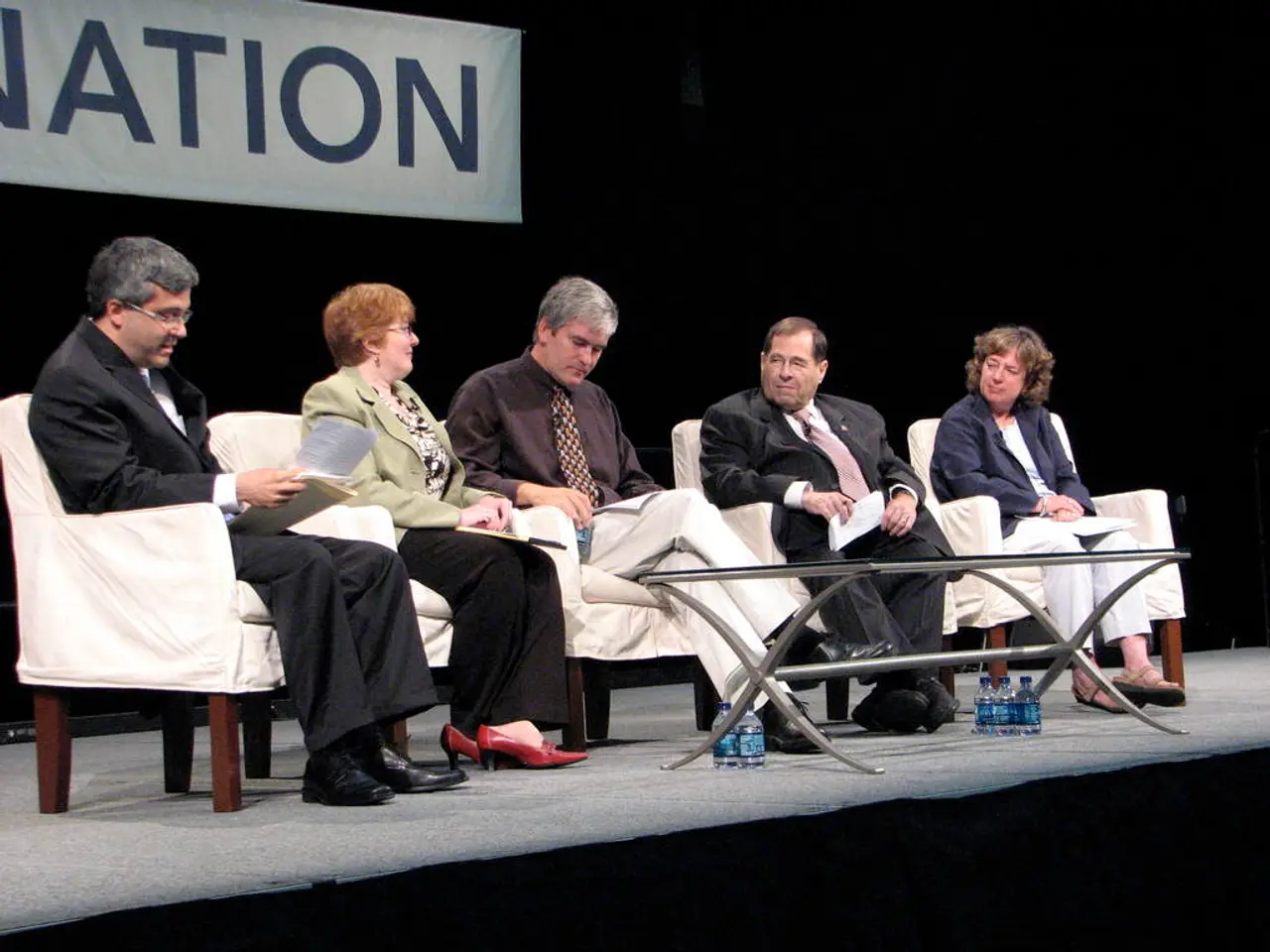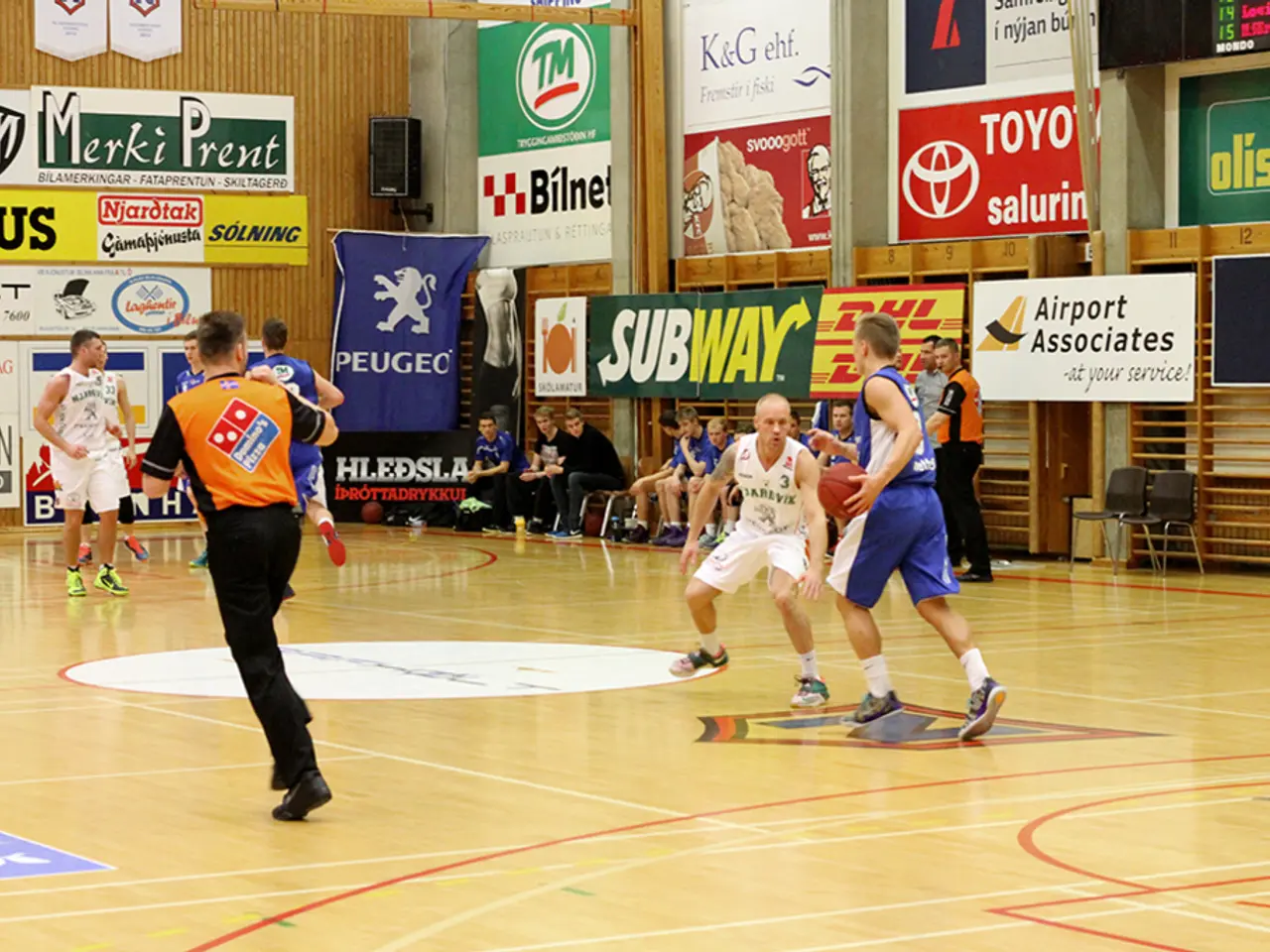Unraveling the SPD's Divided Front: A Discourse on a Different Foreign Policy Approach
Hubertus Heil Blasts the Russia Manifesto Controversy
SPD manifesto implicates Heil's involvement
The political arena is abuzz with anticipation as the Social Democratic Party (SPD) gears up for its federal conference this Friday. At stake is not just the election of party leaders, but also a highly contentious manifesto advocating a fresh approach to foreign and defense policy, sponsored by Rolf Mützenich and Ralf Stegner. Hubertus Heil, the former labor minister who has recently delved into foreign policy issues, has waded into the fray with a stern critique of the manifesto's authors in a guest article for "stern".
Heil, who expresses respect for many of the manifesto's signatories, insists that they are misguided in their positions. "Peace alone does not create peace," he writes forcefully. While recognizing the importance of passionate debates about crucial topics like rearmament and the handling of Russia, Heil argues that these discussions must ultimately be resolved and decided upon.
The SPD: Caught in a Heatwave Before the Party Conference
The manifesto's focus centers on both Russia's ongoing war against Ukraine and the government's rearmament strategy. Mützenich, a long-standing parliamentary group leader and manifesto supporter, calls for diplomatic efforts to resolve the conflict. The text appears to oppose the SPD's stance, which has been steered by party leader Klingbeil, toward distancing itself from Russia.
Heil is adamant that Germany's rearmament is a necessary response to a double turning point: Russia’s full-scale invasion of Ukraine and Donald Trump's re-election as U.S. president. For Heil, rearmament does not contradict the historical legacy of the SPD. He ranks Brandt and Schmidt as leaders who were neither militarists nor naïve pacifists who neglected Germany's security interests.
The Long-standing Strife over Interpretation of History
The strife within the SPD, particularly among older members, revolves around interpreting history. Stegner and Mützenich frequently draw parallels to the party’s historical chancellors and Ostpolitik to bolster their stance. Heil, however, warns the manifesto supporters of adopting overly naïve positions toward Russian leader Vladimir Putin. "While diplomacy with difficult regimes is essential, facing Putin's aggressive imperialism with rose-colored glasses is damaging," Heil contends.
The Jusos' Standpoint: A Nazi-Era Rhetoric, or a Misguided Proposal?
It seems apparent that the manifesto's supporters represent a minority within the SPD. Even the youth organization, Jusos, traditionally aligned with the party leadership on the left, fails to endorse the manifesto. Philipp Türmer, Juso Chairman, voices concern that the manuscript is devoid of concrete solutions, instead offering merely rhetoric advocating for peace that fails to contribute to actual peace establishment. However, Türmer acknowledges the value of discussing disarmament in the long term, cautioning against adopting perspectives overly influenced by the Russian viewpoint.
- Hubertus Heil
- SPD
- Rolf Mützenich
- Ralf Stegner
- Lars Klingbeil
- Attack on Ukraine
- Russia
- German Defense Policy
Insight: The current controversy within Germany's Social Democratic Party (SPD) revolves around their approach to Russia and defense policy, particularly in the context of the ongoing conflict in Ukraine and defense spending increases. It represents a shift from decades of military restraint, with the SPD trying to balance its traditional values of diplomacy and peace with the need to adapt to a new security landscape. [Source: ntv.de, shu]
Additional Insight: The role of historical precedent and interpretation plays a crucial part in the ongoing internal debate. The SPD's traditional chancellors, Willy Brandt and Helmut Schmidt, are cited as examples by supporters and opponents of the new foreign policy approach. [Source: ntv.de, shu]
- Hubertus Heil, in his stern critique of the manifesto, asserts that while debates about rearmament and Russia are crucial, they should ultimately be resolved and decided upon to create sustainable peace.
- The controversy within the SPD, centered on the interpretation of history and the party's stance on Russia, has led to divisions between supporters of a more peace-oriented approach, like Rolf Mützenich and Ralf Stegner, and those who advocate for a balanced approach that values both diplomacy and security, like Hubertus Heil and the youth organization Jusos.





